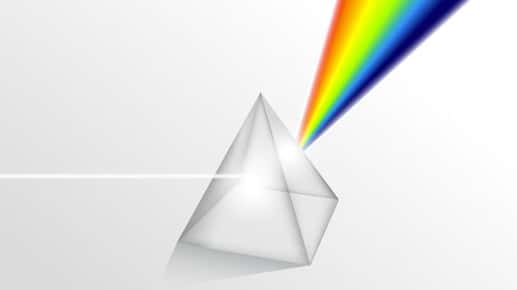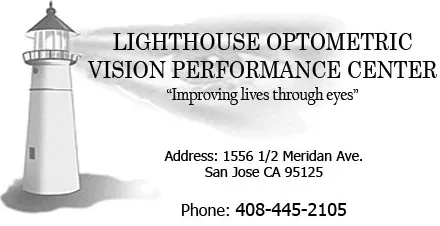
A prism has the same cross-section across the entire length of its shape. When used in eyeglasses, they often correct abnormalities associated with nearsightedness, farsightedness and double vision. Eyeglasses, or corrective lenses, reduce or increase the size of the image based on the eyes’ ability to see and focus, while prisms fool the brain into believing the eyes are working collectively by moving the image somewhat down, up, right or left. The geometric configuration permits light to be bent or mirrored in particular ways. Prisms are pounded into the lenses to show the image outside the span of sight and bring it into view so that it can be observed more closely.
